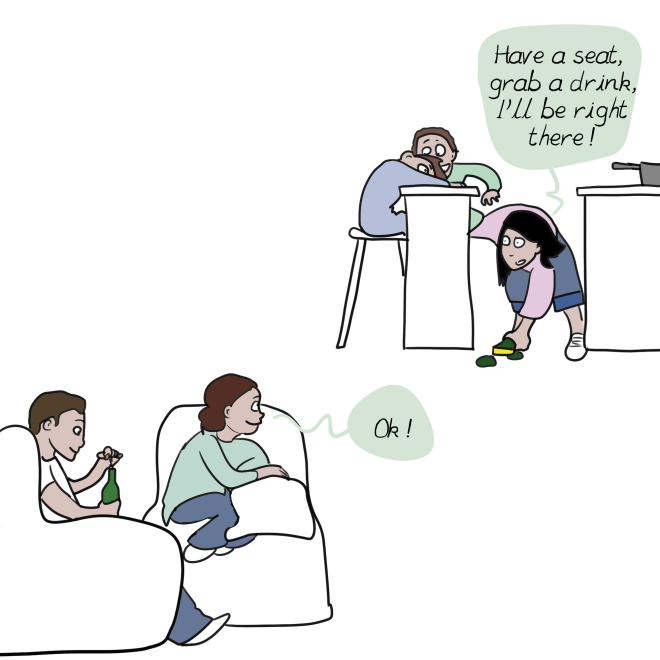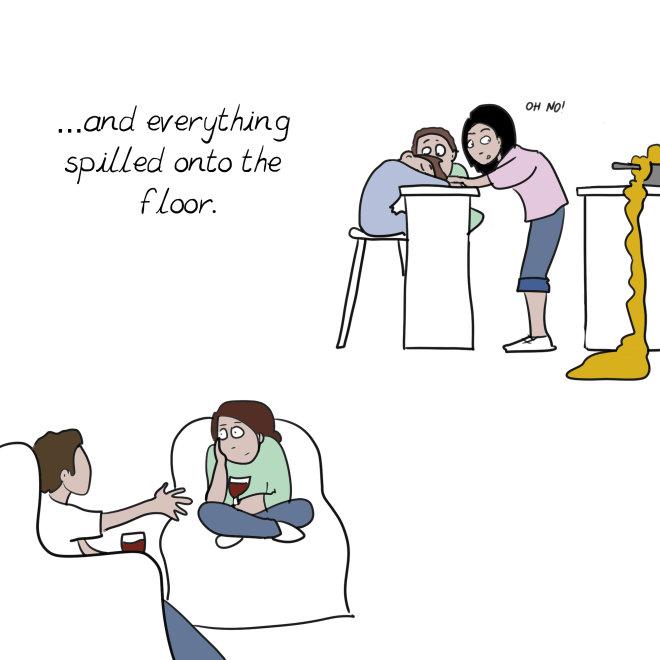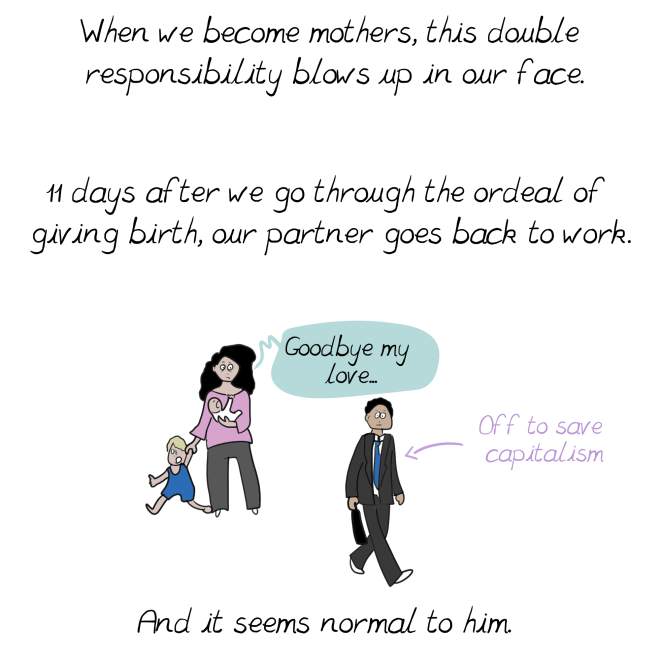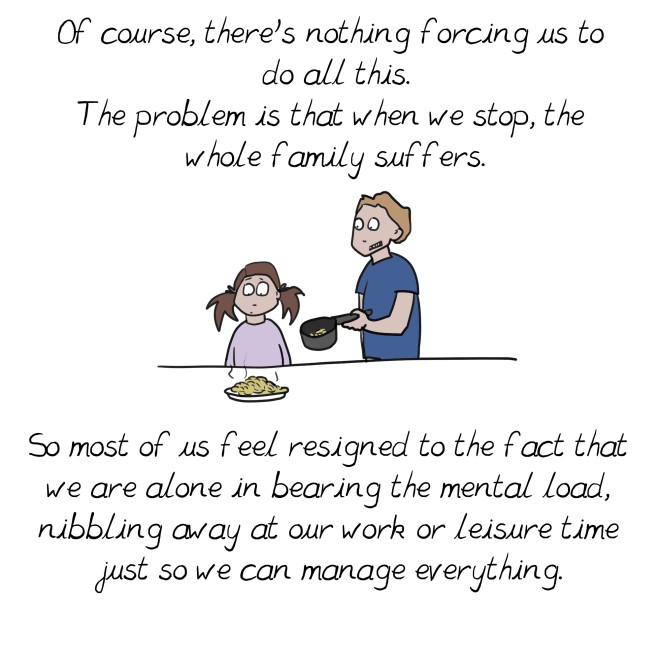The Highly Sensitive Person: How to Thrive When the World Overwhelms You
by Elaine N. Aron, PhD
Book Review
Brief Description of HSP: Highly Sensitive People make up 15-20% of the population and have nervous systems designed to react to subtle experiences. They are therefore more likely to become overstimulated and have high level of emotional reactivity.
There is so much about this book I would love to share, however I will try to keep it relatively brief (but highly recommend that if any of this sounds interesting or applicable to you that you get yourself a copy of the book and/or check out all of the awesome info on the HSP site).
If you would like to pause and take the HSP test, you can do so here.
Note to Non-HSPs
If you are part of the majority of the population (those who are not Highly Sensitive People) you can also benefit from this post and this book. However, some non-HSPs may react negatively to this new classification (as a non-HSP) and therefore I have added a note from Aron to non-HSPs:
Sometimes non-HSPs feel excluded and hurt by the idea that we are different from them and maybe sound like we think we are somehow better. They say, “Do you mean I am not sensitive?” One problem is that “sensitive” also means being understanding and aware. Both HSPs and non-HSPs can have these qualities, which are optimized when we are feeling good and alert to the subtle. When very calm, HSPs may even enjoy the advantage of picking up more delicate nuances. When overaroused, however, a frequent state for HSPs, we are anything but understanding or sensitive. Instead, we are overwhelmed, frazzled, and need to be alone. By contrast, your non-HSP friends are actually more understanding of others in highly chaotic situations.
(from the Preface, page xxvii, emphasis mine)
Quick Facts
- “Everyone, HSP or not, feels best when neither too bored or too aroused.” We are all seeking our optimum arousal state, which we can influence in all sorts of ways. You can increase you level of arousal, for instance, by turning on music or drinking coffee. We can all become overwhelmed by too much arousal. (6)
- “People differ considerably in how much their nervous system is aroused in the same situation, under the same stimulation.” (6)
- 15-20% of a given species is very sensitive to stimulation (6)
- “Arousal may appear as blushing, trembling, heart pounding, hands shaking, foggy thinking, stomach churning, muscles tensing, and hands or other parts of the body perspiring.” (10)
- “One general rule is that when we have no control over stimulation, it is more upsetting, even more so if we feel we are someone’s victim. While music played by ourselves may be pleasant, heard from the neighbor’s stereo, it can be annoying, and if we have previously asked them to turn it down, it becomes a hostile invasion.” (9)
Overview of HSP Characteristics
- Depth of Processing
- Overstimulation
- Emotional Reactivity/Empathy
- Sensing the Subtle
The Book Includes:
- Self-knowledge (what does it mean to be an HSP)
- Reframing activities (helping to change the view of certain past “failures”)
- Healing from deeper wounds that arose from being, by nature, sensitive
- Help with feeling okay when out in the world and learning when to be out less
(quoted/paraphrased from the preface, page xxviii)
Science Supports the Existence of High Sensitivity
Author’s Note
Basically, this book begins in the Author’s note (2016) with scientific research supporting the existence of this trait, which seems like an absolute necessity in today’s world for validating any claims.
“…many species—now we know it’s more than one hundred, so far, including fruit flies and some fish species—have a minority that are highly sensitive. Although obviously the trait leads to different behaviors depending on whether you are a fruit fly, fish, bird, dog, deer, monkey, or human, a general description of it would be that the minority that has inherited it has adopted a survival strategy of pausing to check, observe, and reflect on or process what has been noticed before choosing an action. Slowness to act, however, is not the hallmark of the trait. When sensitive individuals see right away that their situation is like a past one, thanks to having learned so thoroughly from thinking over the last time, they can react to a danger or opportunity faster than others. For this reason, the most basic aspect of the trait—depth of processing—has been difficult to observe. Without knowing about it, when someone paused before acting, other could only guess what was happening inside that person. Often HSPs were thought to be inhibited, shy, fearful, or introverted (in fact, roughly 30 percent of HSPs are actually extroverts, and many introverts are not HSPs). Some HSP accepted those labels, having no other explanation for their hesitancy. Indeed, feeling different and flawed, some of us found the label “shy” or “fearful of social judgment” self-fulfilling… Others knew they were different but hid it and adapted, acting like the less sensitive majority.”
(author’s note, pages xiii-xiv, emphasis mine)
The research suggests that it is connected to both serotonin and dopamine levels and that it is genetic.
“Although everyone agrees that much of one’s personality is inherited, no researches had found genes as strongly associated as this when they studied the standard personality traits, such as introversion, conscientiousness, and agreeableness. These researchers in China looked at high sensitivity instead, believing it to be more ‘deeply rooted in the nervous system.'” (page xvi)
High Sensitivity ≠ Introversion or Neuroticism
Related terms: biological sensitivity to context, differential susceptibility and vantage sensitivity, orienting sensitivity
Quotes that Stuck Out & Things to Remember
Not the Ideal
If you remember only one things from this book, it should be the following research study. Xinyin Chen and Kenneth Rubin of the University of Waterloo in Ontario, Canada, and Yuerong Sun of Shanghai Teachers University compared 480 schoolchildren in Shanghai to 296 in Canada to see what traits made children most popular. In China “shy” and “sensitive” were among those most chosen by others to be friends or playmates… In Canada, shy and sensitive children were among the least chosen. Chances are, this is the kind of attitude you faced growing up.
Think about the impact on you of not being the ideal for your culture. It has to affect you—not only how others have treated you buy how you have come to treat yourself. (15)
The book entitled Quiet by Susan Cain discusses this idea of cultural differences in ideal personality traits often and in a broader context, specifically regarding the Extrovert Ideal in our western culture. If you are not an HSP, but are an introvert who often feels marginalized by our culture, I recommend checking out Quiet:The Power of Introverts in a World that Can’t Stop Talking as well. Keep an eye out, as I also plan to do a review of that book in the coming weeks.
Arousability and Intuition
“What this difference in arousability means is that you notice levels of stimulation that go unobserved by others. This is true whether we are talking about subtle sounds, sights, or physical sensations like pain. It is not that your hearing, vision, or other senses are more acute (plenty of HSPs wear glasses). The difference seems to lie somewhere on the way to the brain or in the brain, in a more careful processing of information…
This greater awareness of the subtle tends to make you more intuitive, which simply means picking up and working through information in a semiconscious or unconscious way. The result is that you often “just know” without realizing how.” (7)
I would fascinated to know what percentage of HSPs type as an Intuitive within the Myer’s Briggs (MBTI) system. If you have done or read any research regarding this please comment or contact me!
HSPs and College
Sometimes, however, we take too big a step. College can be that for some HSPs. I have know so many HSPs who dropped out after the first term (or after their first return home, often at Christmas). Neither they nor their parents nor their counselors understand the real problem, overstimulation from a whole new life—new people, new ideas, new life plans, plus living in a noisy dorm and staying up all night talking or partying, plus probably experimenting with sex, drugs, and alcohol (or nursing your friends through the aftereffect of their experiments).
Even when the sensitive student would rather withdraw and rest, there is that pressure to do what other do, be normal, keep up, make friends, satisfy everyone’s expectations. Whatever trouble you had in college should be reframed. It was not some personal failure. (85)
I have honesty found this passage, and so many others, to be surprisingly life-changing. I am learning to give grace to past-Megan for things that I used to be frustrated with her about… Being too “weak” to stay at all the noisy, crowded group events or to be able to keep up with all the social events of our friend group. Being so hesitant to live in a house with 7 girls and being too “lame” for not loving it (in fact, it was actually kind of torturous a lot of the time. see #5 in the quick facts section above…). Being too “anxious” to do much public speaking (or getting so nervous and sweaty and jumbled when it couldn’t be avoided). What were your experiences as an HSP in college?
Self-Esteem and Worth
Sooner or later everyone encounters stressful life experiences, but HSPs react more to such stimulation If you see this reaction as part of some basic flaw, you intensify the stress already present in any life crisis. Next come feelings of hopelessness and worthlessness. (5)
These are the quotes that make me wish that everyone could learn more about this topic… But as long as sensitivity is seen as a defect, there is little hope for healthy self-esteem to develop in those who are being viewed as inherently flawed.
Talking about “curing” your shyness or “conquering your syndrome” cannot help but make you feel flawed, and it overlooks the positive side of your inherited trait. (104)
Others Tidbits
HSPs often have more bad dreams than do their non-HSP counterparts.
“As you reparent your body, the first thing to realize is that the more it avoids stimulation, the more arousing the remaining stimulation becomes.” (51)
“…overarousal can be mistaken for anxiety.” (78)
“Ignore the barbs about ‘lightening up.'” (100)
HSPs probably make their greatest communication errors by avoiding the overarousal caused by unpleasantries. I think most people, but HSPs especially, dread anger, confrontation, tears, anxiety, “scenes,” facing change (it always means the loss of something), being asked to change, being judged or shamed by our mistakes, or judging or shaming anyone else…Furthermore, your intuition is leaping ahead. In a very real, arousing, semiconscious imaginary world, you are already experiencing various ways the conversation might go, and more of them are distressing. (156)
In Conclusion
In this post, I tended to focus on the more overarching quotes, facts, and descriptions from the book. However, I do want to point out that there is a wealth of information to be found in the later, more specific sections of the book about things such as strategies for handling overstimulating situations, helpful anecdotes, parenting a HSP child, parenting as an HSP yourself, medications such as Prozac, activities for personal reflection and growth, work situations, healing from past wounding, and so much more. So if this has held your attention and interest thus far, I highly recommend checking out the entirety of the book!
Additionally, there were a couple of really great pages about determining a vocation that I wanted to share, but I think I will save that for an upcoming post, giving the fact that life direction is still something I am definitely working on identifying. Stay tuned!










































